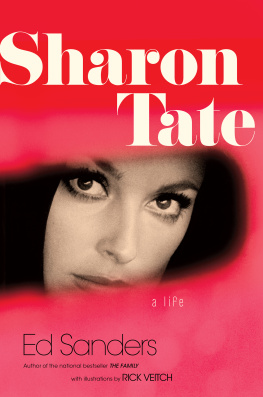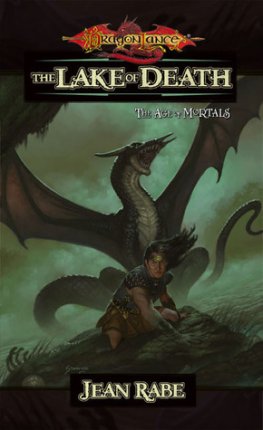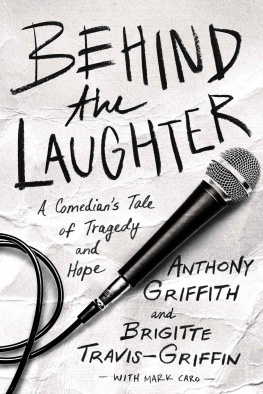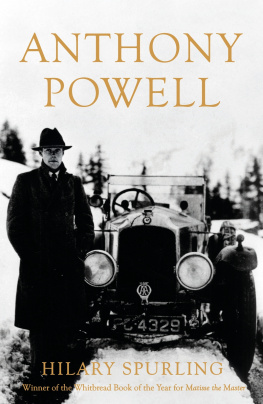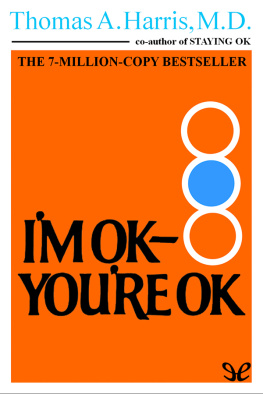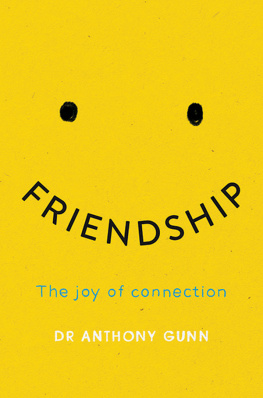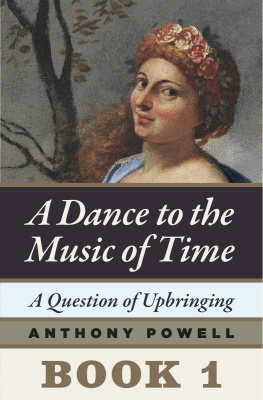A Question of Mercy
ALSO BY DAVID RABE
Plays
The Vietnam Plays, Volume I
The Basic Training of Pavlo Hummel
Sticks and Bones
The Vietnam Plays, Volume II
Streamers
The Orphan
In the Boom Boom Room
Goose and Tomtom
Hurlyburly & Those the River Keeps
Screenplays
Im Dancing as Fast as I Can
(based on the book by Barbara Gordon)
Casualties of War
(based on the book by Daniel Lang)
Fiction
Recital of the Dog
A QUESTION OF MERCY
Based on the essay by Richard Selzer
DAVID RABE

Copyright 1998 by David Rabe
All rights reserved. No part of this book may be reproduced in any form or by any electronic or mechanical means, including information storage and retrieval systems, without permission in writing from the publisher, except by a reviewer, who may quote brief passages in a review.
A Question of Mercy by Richard Selzer originally appeared in The New York Times Magazine on September 22, 1991, and is included in Richard Selzers Down from Troy (New York: William Morrow and Company, Inc., 1992).
Published simultaneously in Canada
Printed in the United States of America
FIRST EDITION
Library of Congress Cataloging-in-Publication Data
Rabe, David.
A question of mercy : a play / by David Rabe: based on the essay by Richard Selzer.
p. cm.
eBook ISBN-13: 978-0-8021-9684-2
1. AIDS (Disease]PatientsUnited StatesDrama. 2. Euthanasia United StatesDrama. 3. Gay menUnited StatesDrama.
I. Selzer, Richard, 1928- . II. Title.
PS3568.A23Q47 1998
DESIGN BY LAURA HAMMOND HOUGH
Grove Press
841 Broadway
New York, NY 10003
For Ruth McCormick Rabe
A Question of Mercy premiered at New York Theatre
Workshop on February 7, 1997, under the direction of
Douglas Hughes with the following cast:
Dr. Robert Chapman: Zach Grenier
Thomas: Stephen Spinella
Anthony: Juan Carlos Hernandez
Susanah: Veanne Cox
Doorman (Eddie): Michael Kell
Others: Doc Dougherty and Christopher Burns
CHARACTERS
Dr. Robert Chapman
Thomas
Anthony
Susanah
Doorman (Eddie)
Cops
Hospital Attendants
ACT ONE
The set is a raised, raked platform surrounded by a ground-level alley that runs along stage right and left and across the front. The backdrop is abstract. Perhaps it suggests an urban skyline. Downstage left on the ground-floor ramp stands a table with a phone on it.
There is music and a dreamy kind of light on DR. ROBERT CHAPMAN as he enters upstage left. Hes in his forties, tall, and he walks down toward the table and chair. He wears an overcoat, which he unbuttons, then removes. He looks out to the audience, taking them in. He speaks as if making a formal presentation on a supremely important issue.
DR. CHAPMAN: This overcoatmy overcoat was given to me tenno. Hes twenty-three now and he was so its my overcoat is fifteen years old. It was a Christmas gift from my nephew. Im sure it was really my sister who purchased it. But my nephew was the bearer, his little face a bright bulb above the festive package as he raced across the room. (Slightly puzzled, but still grand, he continues.) I dont know why Im saying this. But I wear itthe overcoatwhen I go out in cold weather. (With the overcoat in one hand, he turns to a pair of pajamas on the chair.) These are my pajamas. (Grabbing them up.) At night, I wear them. They provide a kind of consoling formality. (He holds the pajamas in one hand, the overcoat in the other, both arms outstretched as he weighs the garments, his arms shifting like scales.) The boundary, the demarcation between waking and sleeping, between thought and dreams, benefits, I believe, from such an acknowledgmenta gesture of respect, of emphasis, I think.
The phone rings. The backdrop holds a projection, narrow and clear: JANUARY 9, 1990.
DR. CHAPMAN picks up a nearby leather-bound appointment book and looks at it. The phone rings again. He looks at it, grabs it up.
DR. CHAPMAN: Hello?
VOICE: Dr. Robert Chapman?
DR. CHAPMAN: Who is this?
VOICE: This is Thomas Ames. We met at theat the fundraiser for
DR. CHAPMAN: Oh, yes, of course.
THOMAS: Do you remember me?
Now on the stage right area, lights find THOMAS AMES, standing alone with a phone in his hand. He is handsome, slim, in his thirties.
DR. CHAPMAN: Yes, yes, at the Levines house. For the Franklin Coalition.
THOMAS: I was wondering if we mightI hate to intrude, but would you have time for a cup of coffee in the next few days? I wouldnt take much of your time. But theres something I need to discuss, and the phone doesnt seem quite appropriate, but
DR. CHAPMAN: Well, Im actually quite busy.
THOMAS: I mean, I could do it on the phone, but
DR. CHAPMAN: What am I saying? Of course. A cup of coffee? Tomorrow morning?
THOMAS: Ill come to your neighborhood. Just name a place.
DR. CHAPMAN: Well, the Beacon is quite close by.
THOMAS: Oh, yes. Of course. I know it. What time shall we say?
DR. CHAPMAN: Is ten good for you?
THOMAS: Fine. Perfect. Ill see you then.
DR. CHAPMAN: I look forward to it.
DR. CHAPMAN stands looking at the phone in his hand.
THOMAS (as the lights take him out of view): Good-bye. On the screen above and behind DR. CHAPMAN is projected: JANUARY 10, 1990.
DR. CHAPMAN (leafing through pages in his appointment book): January eighth, ninth, tenth, eleventh. They flow by. A haze. A confident haze. A sense of will. Intention. My life. I will do this. I will do that.
As the lights come up on the stage right area, we see THOMAS seated at a table with a flowered tablecloth spread over it. A pot of coffee stands on the table; there are two cups and saucers and some Danish on a plate, awaiting DR. CHAPMAN.
THOMAS (waving toward DR. CHAPMAN): Dr. Chapman! Here! Here I am!
DR. CHAPMAN waves back and heads to the table.
DR. CHAPMAN: Thomas, hello. Sorry Im late.
THOMAS: No, no, I arrived a little early, I think.
DR. CHAPMAN: How are you? Busy, I bet.
THOMAS: Oh, yes. (Gesturing toward the coffee, the plate of Danish.) I took the liberty of ordering coffee and some Danish for us. I hope thats all right.
DR. CHAPMAN: As long as theres blueberry. Have you seen the Levines recently? (He seeks amid the Danish.)
THOMAS: No, nonot for some weeks now.
DR. CHAPMAN: I havent either. I should call them. For a slight uneasy pause, they look around.
THOMAS: This is awkwardisnt it. Im sorry.
DR. CHAPMAN: And slightly mysterious, I must admit.
THOMAS: Im how shall I put this? Its just that I felt in our conversation at the Levines that daywe ended up in a small group, do you remember?
DR. CHAPMAN: Yes.
THOMAS: I mean, I dont even remember the subject under discussion, but what I do remember emphatically was that something in your mannerit could have been something you said, an opinion you expressed. Anyway, what happened is I came away with the impression that you would be sympathetic to the issue about whichthe issue that prompted my calland of course I could be wrong, butgoodness, I dont feel Im handling this at all well, but youre a doctor, right?
Next page






